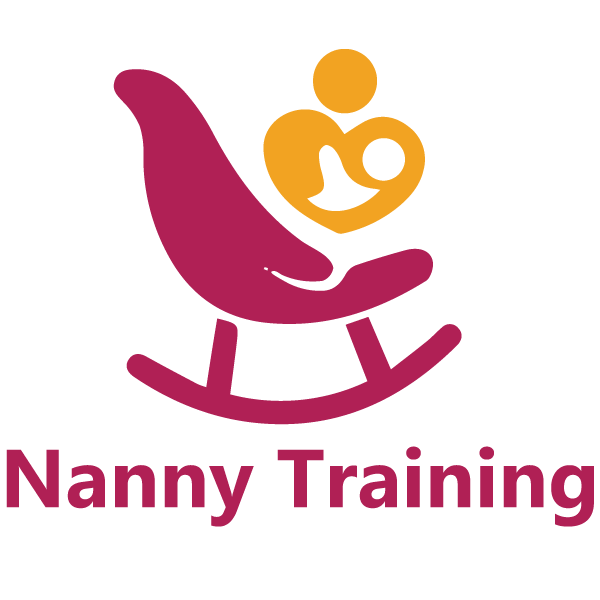What makes a super-nanny? A good nanny is more than just a caregiver; they are a trusted and nurturing presence in a child’s life, fostering emotional, intellectual, and physical development. The role requires a blend of patience, responsibility, adaptability, and genuine affection for children. Parents entrust nannies with the well-being of their most precious loved ones, making the right combination of skills and character essential.
1. Genuine Love for Children
The most fundamental quality of a good nanny is a natural affinity for working with children. They should enjoy being around kids, understand their developmental stages, and be genuinely interested in helping them grow. A nanny with a nurturing and affectionate approach can build strong bonds with the children, making them feel safe and cared for.
2. Patience and Emotional Resilience
Children can be unpredictable, sometimes throwing tantrums, refusing to eat, or testing boundaries. A good nanny remains patient and composed, responding to challenges with a calm and understanding demeanor. Emotional resilience allows them to handle high-energy situations without becoming overwhelmed.
3. Strong Communication Skills
Effective communication is essential both with children and parents. A good nanny should be able to articulate instructions, explain rules clearly to kids, and keep parents informed about their child’s daily activities and any concerns. Good communication fosters trust between the nanny and the family.
4. Reliability and Trustworthiness
Parents rely on nannies to provide consistent care for their children, often on a tight schedule. A dependable nanny shows up on time, follows through on commitments, and takes responsibility seriously. Trustworthiness is key, as families are entrusting their children and home to the nanny’s care.
5. Adaptability and Problem-Solving Skills
Each child has a unique personality, and every household operates differently. A good nanny must be flexible enough to adjust to different parenting styles, routines, and unexpected changes. They should also be quick problem-solvers, whether it’s handling an emergency or finding creative ways to engage a fussy child.
6. Creativity and Engagement
A great nanny doesn’t just supervise children; they actively engage with them. Planning fun, educational activities tailored to the child’s interests and developmental stage is important. Whether it’s crafting, storytelling, playing outside, or introducing early learning concepts, an engaging nanny fosters creativity and growth.
7. Safety Awareness and First Aid Knowledge
Children’s safety is a top priority. A responsible nanny should be vigilant and proactive about preventing accidents, recognizing hazards, and responding to emergencies. Knowledge of first aid, CPR, and basic medical care is an invaluable skill for handling minor injuries or medical situations.
8. Encouraging Independence and Good Behavior
A good nanny helps children build confidence and develop social skills by encouraging independence and responsibility. They guide children in making good choices, resolving conflicts, and learning age-appropriate self-care tasks.


